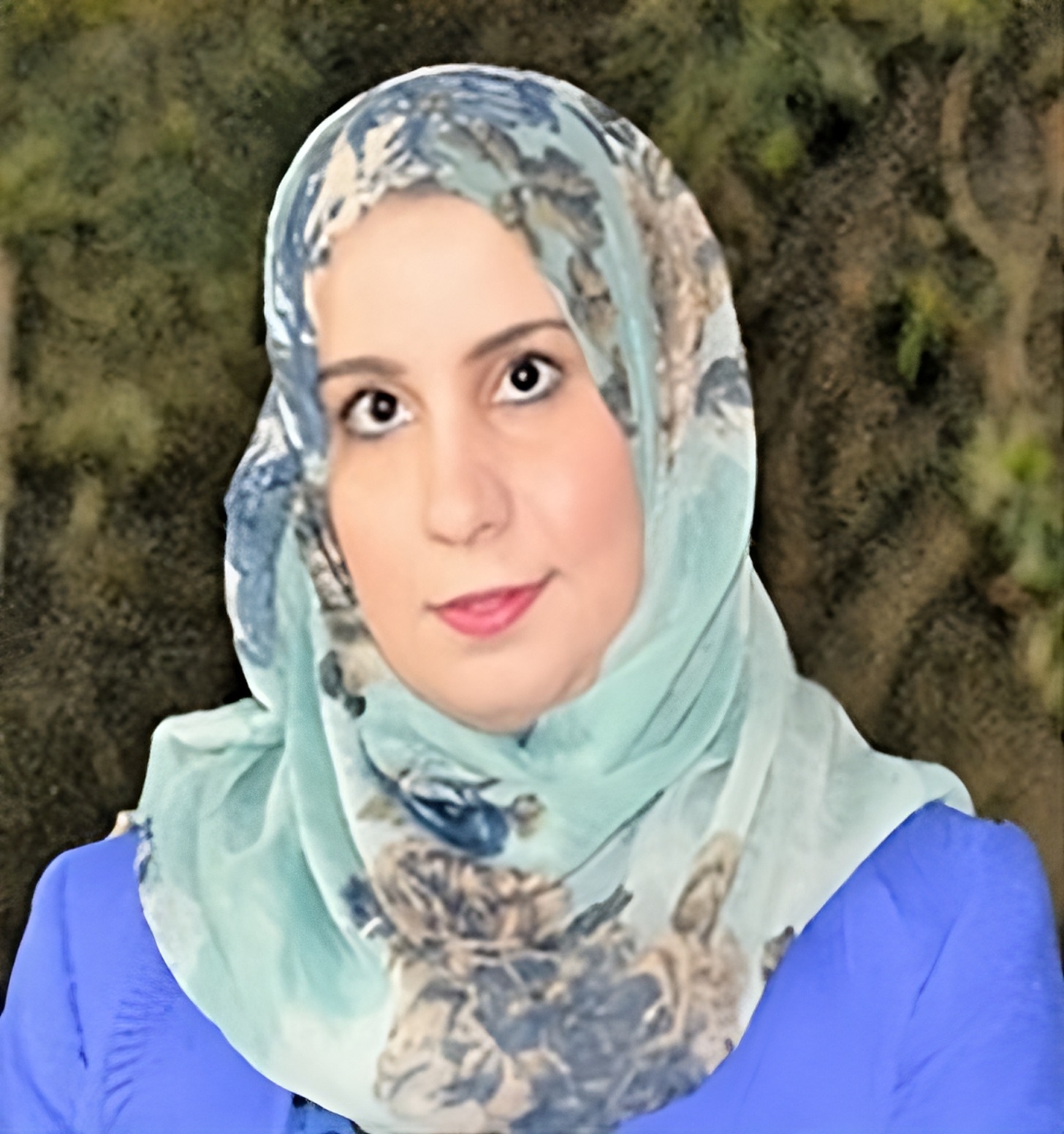*In April 2022, the university announced our new name of Toronto Metropolitan University, which will be implemented in a phased approach. Learn more about our next chapter.*
TMCIS Affiliate Highlight: Dr. Areej Al-Hamad
No. 2024/02

Researcher: Dr. Areej Al-Hamad
Position: Assistant Professor; Research Ethics Board Member
Academic Department: Daphne Cockwell School of Nursing
Credentials: BScN, RN, MN, PhD (HP), PhD (N)
The Pitch: Tell us about your unique research approach
My research approach and professional pursuits are deeply rooted in enhancing healthcare and wellbeing of vulnerable population through innovative and empowering research and education, particularly focusing on women’s health, food and housing insecurities and the wellbeing of marginalized communities including immigrants and refugees. I have extensively explored the healthcare, settlement and integration, food and housing experiences, sense of belonging and economic inclusion including employment and entrepreneurship experiences of different refugee groups including Syrian, Afghan and Ukrainian refugee women, shedding light on their challenges and resilience.
What impact do you hope your research can make in the community?
My research aims to profoundly impact the community by enhancing the healthcare and overall well-being of vulnerable populations, especially focusing on women's health and the hardships of marginalized communities such as immigrants and refugees. By investigating the intricate experiences of Syrian, Afghan, and Ukrainian refugee women, including their healthcare, settlement, and integration, as well as their struggles with food and housing insecurities, I strive to shed light on both the challenges they face and their remarkable resilience. This comprehensive understanding enables the development of targeted, innovative, and empowering interventions that promote economic inclusion and foster a sense of belonging. Ultimately, my research seeks to not only improve practical support systems but also to influence policy changes that enhance the lives of these communities, empowering them towards better health outcomes and successful integration into society.
What’s one research project you’d encourage others to read and why?
I highly recommend the study "Blossoming Through Creativity: Unveiling Sense of Belonging Among Ukrainian and Syrian Refugee Women in Ontario." This research provides an insightful exploration into how creative activities can enhance the integration and sense of belonging among refugee women. By engaging Ukrainian and Syrian women in artistic endeavors, the study reveals how creativity acts as a therapeutic and empowering tool, helping them express their experiences and emotions while fostering connections within their new community. The findings underscore the importance of cultural and artistic programs in aiding resettlement processes and promoting mental health and social inclusion. This study is a compelling read for anyone interested in understanding the profound impact of arts on wellbeing and community integration of refugees, offering valuable insights for policymakers, educators, and community leaders aiming to support vulnerable populations through innovative and inclusive methods.
What’s next for your research?
Building on my previous work, the next phase of my research will delve deeper into the personal narratives of Ukrainian refugee women in Canada through a SSHRC Insight Development project titled "Picturing the Ambiguity of Homestay: A Photovoice Exploration of Ukrainian Refugee Women’s Experiences with Their Canadian Hosts in Toronto." This innovative study will employ photovoice methodology, enabling participants to capture and share their experiences via photography. By focusing on the complex dynamics of their homestay arrangements, the project aims to uncover the nuanced interactions between the refugees and their hosts, highlighting aspects of support, conflict, and cultural exchange. The findings are expected to offer deeper insights into the integration processes, informing more sensitive and effective community support strategies, and potentially guiding policy to better accommodate the needs of refugees and ensure a smoother transition into Canadian society.
TMCIS occupies space in the traditional and unceded territory of nations including the Anishnaabeg, the Mississaugas of the Credit, the Chippewa, the Haudenosaunee, and the Wendat peoples, and territory which is also now home to many diverse First Nations, Inuit, and Métis peoples. This territory is covered by Treaty 13 signed with the Mississaugas of the Credit, as well as the Williams Treaties signed with multiple Mississaugas.